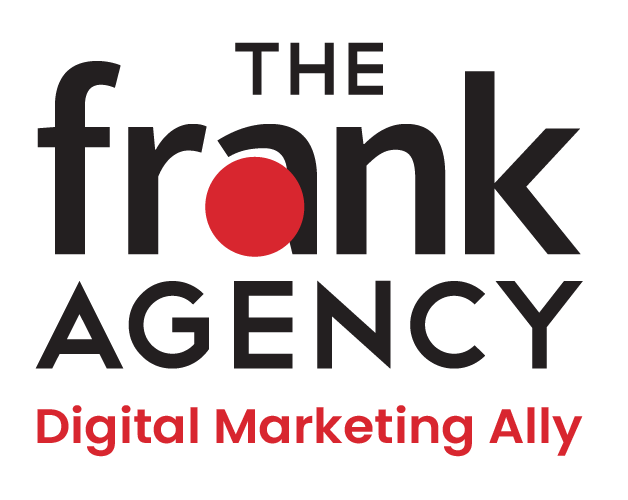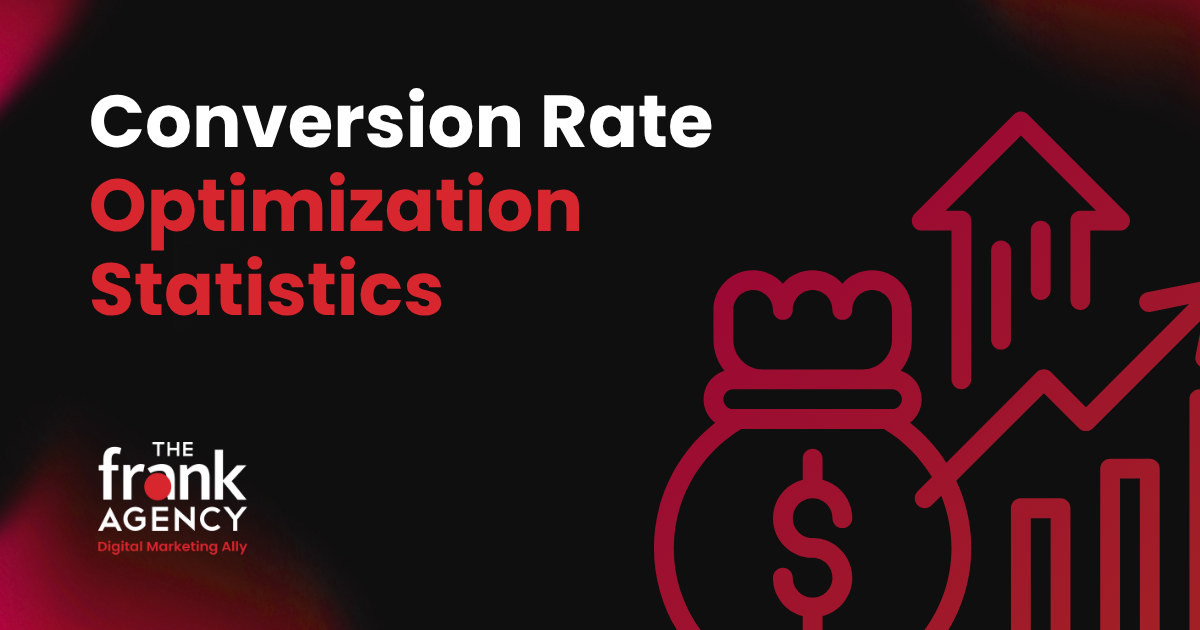Before the advent of digital technology, advertising writing was so much less cluttered.
Print, out-of-home and broadcast – that’s it. Yeah, each one was a ton to consider, but you had a handle on them. Then the digital era came around and mucked it all up. Mainly the internet. That indecipherably large thing that just keeps growing more videos, gifs, blogs, social media, mobile apps, responsive websites, and data from every direction.
Nowadays, you simply can’t know it all, which is why some agencies – and writers – are starting to “pick sides.” But, which one? The tried-and-true traditional creative or the fast-paced digital writing?
Whether you’re just starting out or looking to take a leap to the other side, it may behoove you to learn the differences between the two, and what skills and client expectations are prevalent within each type of copywriting.
Digital Copywriting Skills and Expectations
With digital growing at the rate it is, and the young person’s penchant for picking up new technology, kids are flocking to digital copywriting in hordes. It’s fun, flexible, and – best of all – fast. There’s that instant gratification kicking in!
Digital copywriting goes by a few names. If you’re writing long-form blogs, webpages, and online video – you’ll probably be a “Content Writer,” a “Content Specialist” or a “Digital Writer.” You’ll be expected to know SEO, or Search Engine Optimization, as well as User Experience (UX).
Headlines are still as important, but just as much emphasis will be placed on calls-to-action within and at the end of whatever it is you’re writing. You’ll base a lot of your topics on keywords, which will help online searchers find your article.
The skills you’ll need as a digital writer are as follows:
- Ability to research and write long-form copy
- Maintain continuity across multiple platforms
- Basic journalistic approaches – specifically the inverted pyramid style
All of this is necessary for just about every form of digital content, like banners, infographics, pay-per-click ads, videos, podcasts, and more.
Digital writing is different in two key ways: length and approach. Longer lead times to create copy with a longer shelf life; whether it’s website copy, blogs, social posts – they don’t tend to go away. The approach is more formulaic, given you are writing for both people and search engines.
But if something is trending online that may apply to your client, you still have to drop everything and get it done. This is most true for social media. Additionally, creative writing skills and public relation skills are extremely important for social media writers. You’ll essentially be spitting out 30+ headlines every month – plus navigating the murky waters of instant communication with customers. Not an easy thing to do for even the most talented of writers.
Depending on the client or agency you end up working for, you may have to write every online piece of copy. Sometimes agencies split their social media into a separate set of creators, and sometimes you have to wear all hats.
Client Expectations
The one question you are most likely to hear from your clients is why their content has not yet “gone viral.” It is true that a large amount of unpaid online content doesn’t go anywhere – but with a smart distribution plan, you’ll have a better chance of getting in front of a lot of eyeballs. Your digital budget may be very small, but you can also more easily stretch that online – and clients will appreciate your effort in doing so.
Traditional Copywriting Skills and Expectations
Ah, traditional creative. Seductive, as-seen-on-TV romanticized world of old-school ad agencies. High-pressure, fast-paced, where everything is hot-hot-hot and due yesterday!
Traditional writing goes by no other name than copywriter. Your agency may specialize in certain arenas, such as event-based advertising, point-of-sale advertising, broadcast, or direct marketing – or they’ll do it all. Creative agencies most likely offer branding.
The skills you’ll need as a traditional copywriter are as follows:
- Ability to find the selling point and make it great
- Write short-form
- Be a big thinker – ideas are everything
In traditional, emotion is key. No matter if you’re writing a direct mailer or a radio commercial, you have to give the audience a compelling reason to stick around.
That’s because in most cases of traditional advertising, the audience did not seek out the company. And unlike the internet, they’re likely paying for your use of that medium, whether through cable TV, taxes to broadcast radio and the postal service, magazine subscriptions or overhead at a store. Ultimately, this makes them less forgiving of traditional advertising as they are online advertising.
What makes traditional writers stand out is the ability to write decks. These are sales presentations where ideas are shared. The ideas could center on rebranding, campaigns or pitching for a series of TV ads. Either way, you have to write it quickly, clearly, and most importantly, creatively. It’s not easy to come up with a bunch of ideas with a bunch of different people and put them all into one cohesive storyline. And many times, you’re pitching to win business. No pressure, though.
You’ll be expected to know how to write scripts, describe vision, take complicated ideas and explain it in a sentence or less, and work with an Art Director to help bring the idea to life.
Client Expectations
It’s generally believed that traditional requires a higher level of creativity. Saying it straight doesn’t capture attention nearly as well as saying it in a funny, thought-provoking, or unique way. No search engines to worry about. And while it is your job to write for the target market, you are also writing for your client. They’re paying big money and they expect big ideas. You’ll most likely work directly with the client more often and develop valuable relationships with them.
The Intersection of Traditional Copywriting and Digital Writing
All this about differences said, there’s a lot of similarities between the two. And ultimately, it’s good to have skills within each. Because let’s be honest – who just watches TV anymore without a laptop near? What direct mailer piece doesn’t have a link for the reader to visit? And what YouTube channel doesn’t also house the cable commercials?
Traditional and digital writing are intersecting in many ways. Here are just a few:
- Both require you to understand your platforms, and how the story can be continued in the other realm.
- Both demand you keep branding consistent.
- Both have a lot of noise to be heard over and not a lot of time to capture and make an impression on your audience.
- Both require you keep up with pop culture and trends.
There are a lot of different skill sets you need to have to succeed in traditional and digital writing. They each require a different approach. And in many cases, their intent is different. But there is one very important foundation you need for both: To be a good writer. Please. Because if you can’t even write well, then you really don’t need to worry about the rest.
And don’t forget to contact The frank Agency if you need help with any of your copywriting needs!






